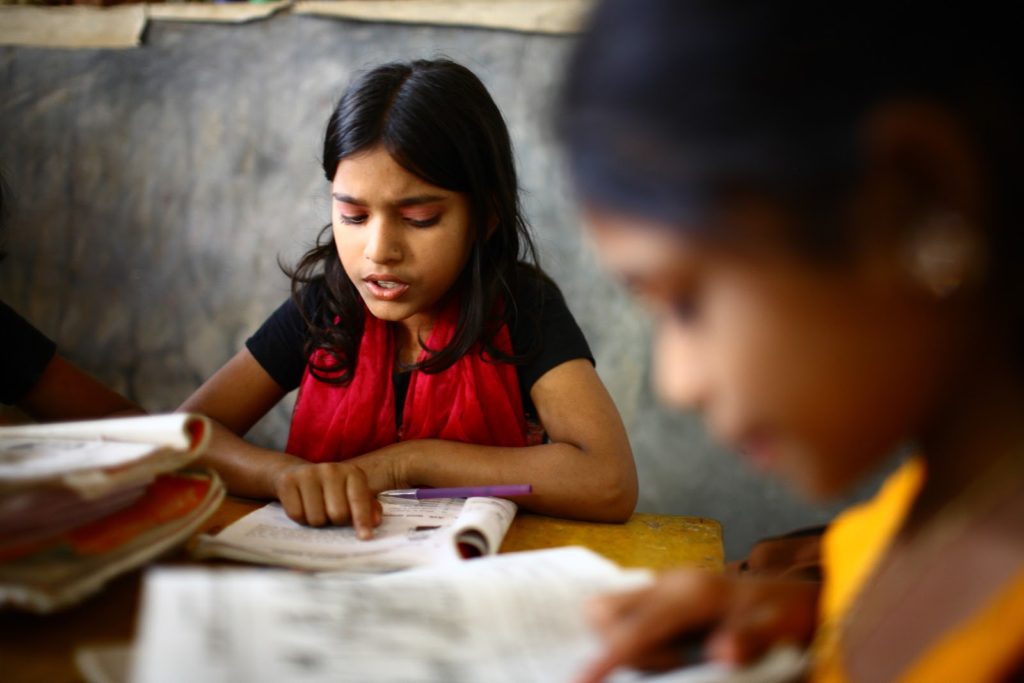by David Buhr
Table of Contents
ToggleThere are millions of children that have a learning disability. Has your own child been having difficulties with reading writing or diagnosed with some kind learning disability disorder? Inevitably, attention deficit hyperactivity disorder ADHD disorders may have trouble you worry about their future.
In this article, you will learn the basics about how to best cope with your child’s learning disability. Fortunately, there are several studies within the medical community which has shed tremendous light onto this matter. Even though this visual processing disorder can be quite challenging, there are ways to help your child.
Although academic success is very important, when dealing with a child with a learning disability, teaching him the tools to make it in life is key.
What is a learning disability?
A learning disability is a neurological disorder that is a direct result of a variance in the alignment of the brain structure. Generally, children with this neurological condition will behave and think in a different way. This can be a barrier when dealing with their peers who are not affected by a learning writing disability. Even though this auditory processing disorder generates many difficulties in their lives, there are ways to lessen the negative impacts.
Click here to see the most common types of learning disabilities?
How to encourage a child with a learning disability.
All children need love, encouragement, and support, especially kids with learning disabilities. Your positive reinforcement helps them feel a strong sense of self-worth, gain confidence and a determination to succeed in life. Instead of “helping them,” focus on “helping them help themselves.”
You will not cure the learning disability, but you will teach your child the social and emotional tools needed to work through their challenges. In the end, you will know if you are succeeding when your child is able to face and overcome a challenge despite their learning disability.
Tips for helping kids with a learning disability
Experts suggest several strategies to help children with learning disabilities improve their focus, determination and general perception:
- Become an expert on the matter: As a parent, you must do your own research and stay informed of new developments in specific learning disability programs, treatments, and teaching techniques. Although it is advisable to find specialized teachers, language-based language therapists and doctors to help your child, first, you need to be fully informed. Once you are the foremost expert on your child’s LD, you are in a better position to take charge when it comes to finding the tools your child needs in order to learn.
- Identify how the child learns best: Parents must be extremely proactive when being responsible for their children’s special education. As a parent/guardian, you need to work closely with the school to guarantee they provide for the specific needs of your child. Take note that not every child with a learning disability is the same.
- Find the best approach to maximize your child’s achievement. Identify his or her motor skills and learning problems pace. Regarding the latter, there are several types:
- Some children are visual learners who learn best by seeing and reading. They perform well when tested visually and they use written notes, diagrams, charts, etc., to guide themselves when learning anything.
- Some are auditory learners who learn best by listening. They learn better during classroom discussions and study groups.
- Some learn better by touching, exploring and creating. Hands-on activities, practical classes, etc., are the best way to get through to them.
- Take note of any other condition that might affect the learning process: Some students may experience problems when paying attention to the instructions being provided due to another recurring disease known as dyslexia. If your child is also affected by this, doctors suggest the use of movements as a skill to bolster learning and improve memorizing skills.
- Promote healthy lifestyle habits for children with learning disabilities: Even though this may seem like common sense, it is extremely important. Learning involves the body as well as the brain. Therefore, your child’s eating, sleep, and exercise habits are fundamental. If your child has a healthy lifestyle, he will be better able to focus, concentrate, and ultimately, learn.
Hopefully, this ‘guide on how to treat kids with learning math problems is helpful to you. As with any other condition, consult specialists who can help you navigate the medical, legal and special educational opportunities available. And last but not least, don’t take any chances when it comes to your child’s health.

This article was contributed by David A. Buhr, a pre-school teacher currently working in SmileTutor, a Singapore based tuition agency.


